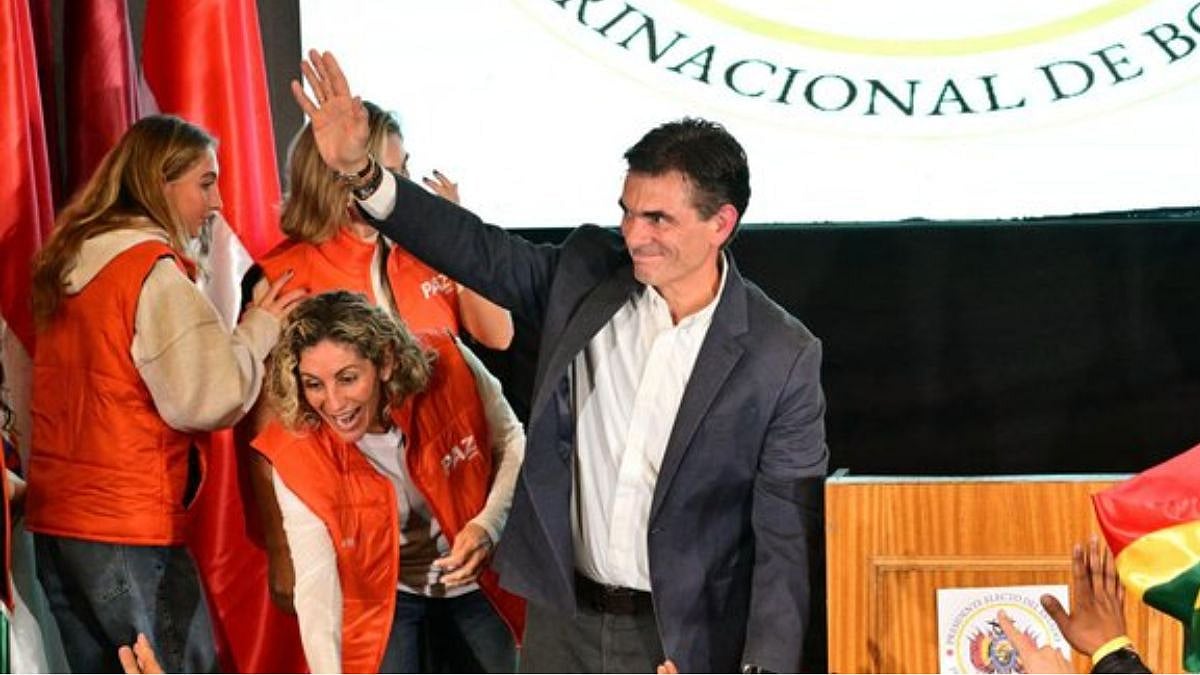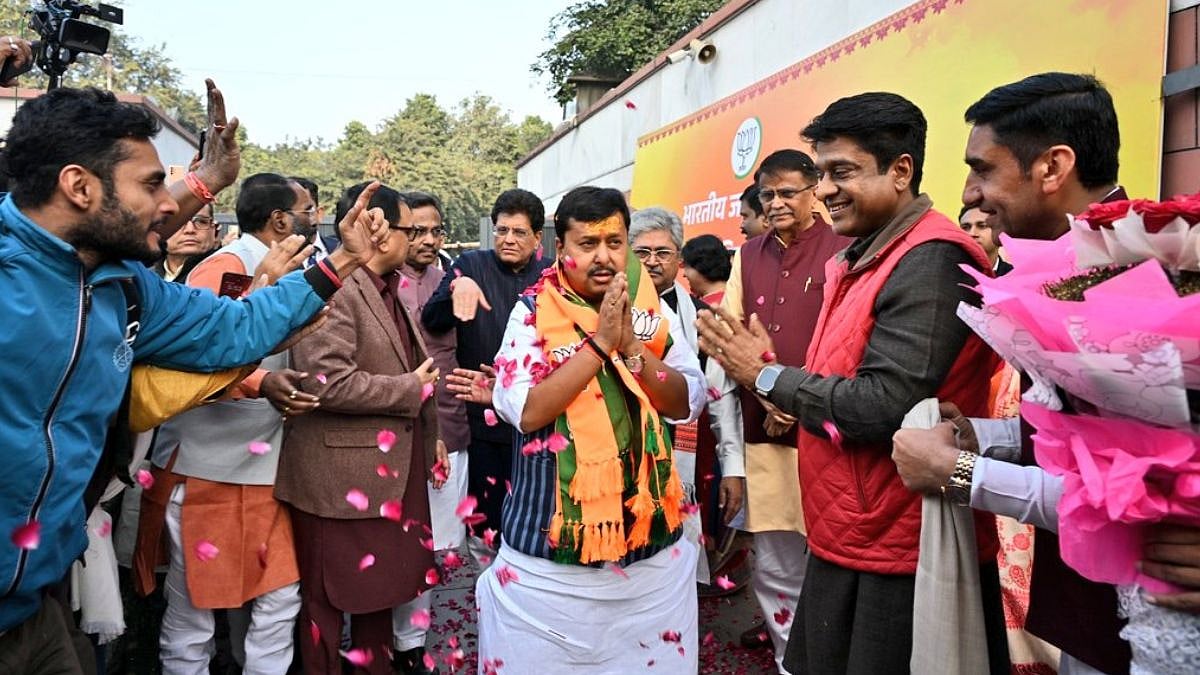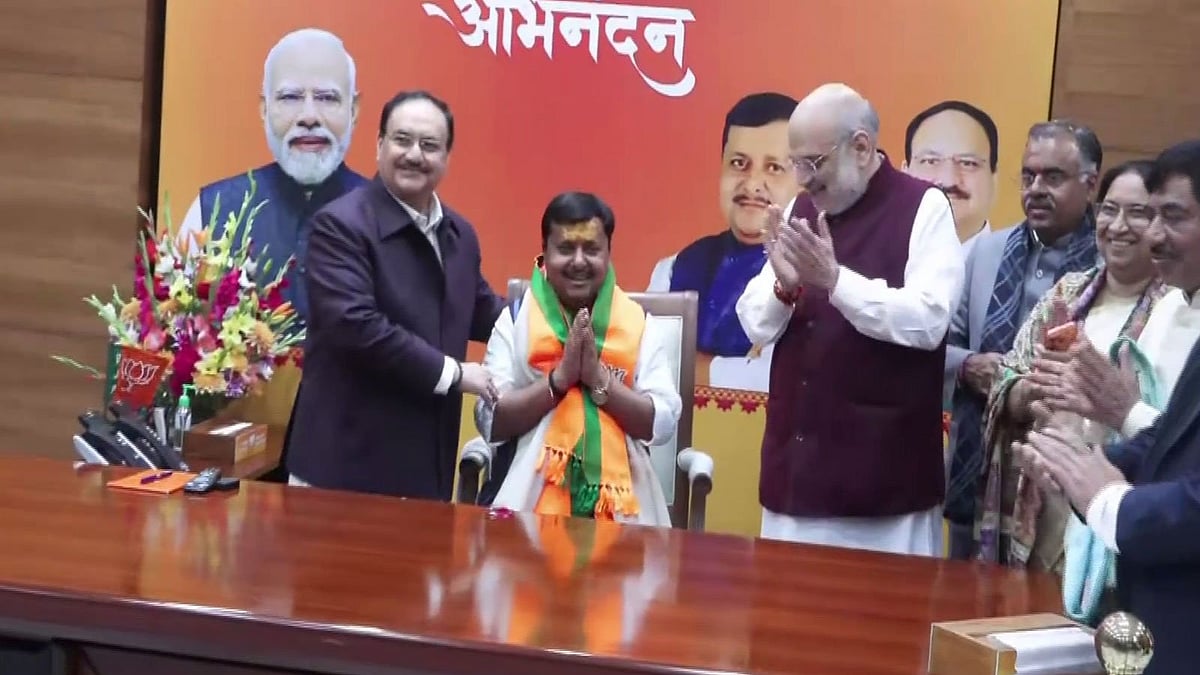Bolivian voters have repudiated two decades of leftist rule and overwhelmingly backed a centrist senator and son of a former president in Sunday’s presidential run-off. The convincing victory of Rodrigo Paz over right-wing former president Jorge “Tuto” Quiroga was as decisive as in the first round in August, when he had topped the tally among eight candidates. The most defining factor in this election was the elimination, in the first round, of the Movement for Socialism (MAS) party of three-time former president Evo Morales—the dominant political force since 2005.
The popular verdict could herald a new dawn in Bolivia after the turbulent tenure of outgoing president Luis Arce, which was marred by bitter infighting within MAS between him and his former mentor, the charismatic Mr Morales. The nation’s first indigenous president, Mr Morales built his reputation on expanding social welfare, reducing poverty, and sustaining high GDP growth during the global commodity boom until 2014.
That legitimacy evaporated when a power-hungry Mr Morales ran for a fourth term in 2019, defying a 2016 referendum that explicitly barred him from doing so. He was forced to resign within weeks of the disputed election, which an Organisation of American States (OAS) audit declared fraudulent. Yet his political ambitions were revived when his protégé and former finance minister, Mr Arce, became president after the 2020 re-run. Despite being accused of terrorism financing and facing a judicial charge of child trafficking, Mr Morales attempted another run in the recent polls—only to be barred by the courts. His call for voters to cast null ballots marked the lowest ebb of his career outside office.
The darkest hour of Mr Arce’s presidency came in June 2024, during an attempted coup d’état that drew global condemnation and revealed deep fissures within Bolivia’s power structure.
The immediate challenge before President-elect Mr Paz is economic recovery. Bolivia is reeling under 17% inflation and dwindling dollar reserves, constraining essential imports and impairing the government’s ability to service foreign debt. Moreover, the country’s growth model—centred on raw material exports, especially hydrocarbons—has run its course, much like in other South American nations. Bolivia’s vast lithium reserves, crucial for electric vehicle batteries, have drawn intense interest from China and Russia.
Mr Paz has indicated a willingness to engage more closely with Washington, and given President Trump’s persistent push to secure U.S. dominance in critical minerals, competition over Bolivia’s lithium may intensify. Yet, if the new administration can ensure political stability, it may finally create the conditions necessary to rebuild Bolivia’s battered economy.









